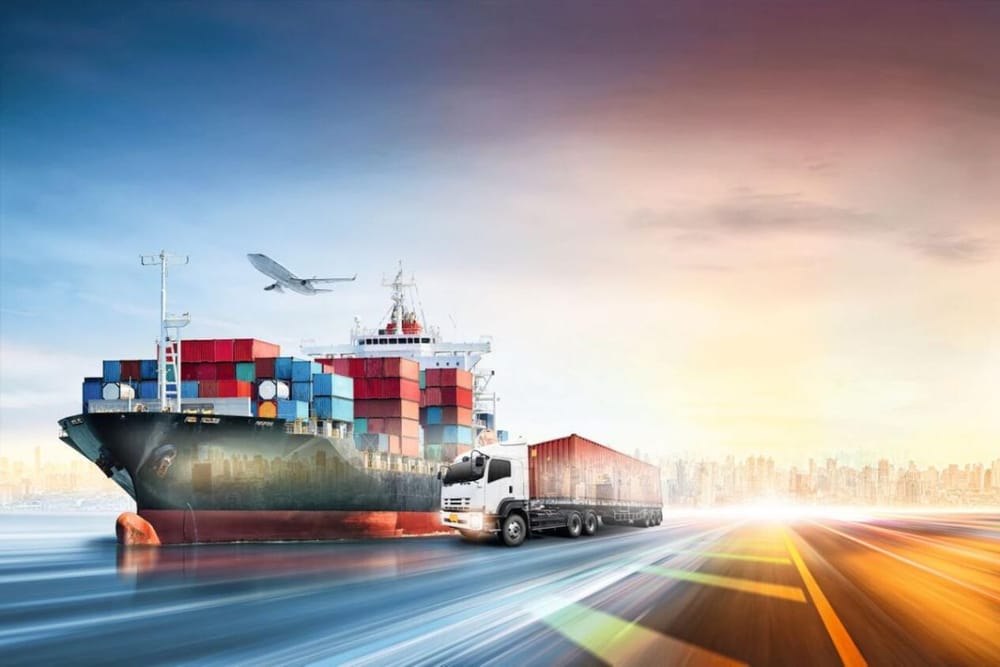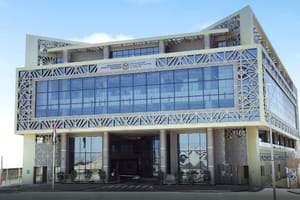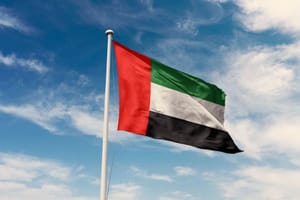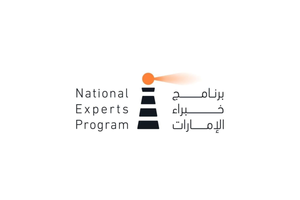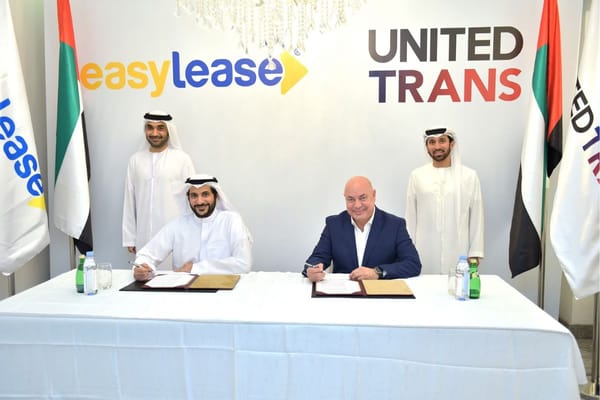The UAE has climbed up in DHL’s Global Connectedness Report and now holds the 8th position among the world’s top 10 most connected countries.
Since 2001, it has shown the highest increase in performance, securing the top spot for growing connectivity out of 181 countries studied. This shows a faster pace of both physical and digital connections, aiming to strengthen global supply chains and make international trade easier.
According to the report, the Middle East and North Africa (Mena) region are well connected to the rest of the world, not only through trade but also through investment, immigration, and tourism. While Europe leads in trade and people flows and North America leads in capital and information flows, Mena ranks second in trade. This reflects the significance of the oil trade, the increasing importance of Gulf countries in trade networks overall, and the close connections many North African countries have with Europe.
DHL’s Global Connectedness Report is based on nearly nine million data points, giving a detailed view of how goods, capital, information, and people move worldwide. This year, the report introduced a new method to measure global depth, ranging from zero percent (no international movements) to 100 percent (a seamless global world). Currently, it stands at 25 percent, indicating that full global integration is still a distant goal.
The report also indicates that despite global economic challenges and political unrest, international flows have remained strong, growing faster than domestic activities and expanding across longer distances. This suggests various opportunities for countries to engage in global business. The Middle East, including the UAE, has embraced this chance and enhanced its digital connections to ease international trade and the flow of capital, information, and skilled workers.
Amadou Diallo, CEO of DHL Global Forwarding Middle East & Africa, remarked,
"Despite recent economic challenges, DHL's Global Connectedness report indicates that global integration hit record levels in 2022 and remained high in 2023. Businesses expanded internationally, seeing increased sales abroad. Specifically, the UAE has invested in enhancing its connectivity through technology and national policies, fostering global trade, attracting talent, and promoting exchange."
The report also underscores a strong interest in global expansion, with a notable increase in the value of announced greenfield foreign direct investment (FDI) and publicly traded companies generating more sales overseas. Despite setbacks from the COVID-19 pandemic, international travel showed robust recovery in 2023, reaching 88% of pre-pandemic levels globally and set to fully recover by the end of 2024. The Middle East led this recovery, with international arrivals surpassing pre-pandemic levels by 23% in 2023, as reported by the UN World Tourism Organization.
The report indicates that a significant shift from globalization to regionalization is not evident – at least not yet. In fact, most international activities continue over stable or even longer distances, with a decreasing portion occurring within major geographic regions. While North America demonstrates a clear move towards more regional trade patterns, other regions, including the UAE and the broader Middle East and Africa (MEA) area, are rapidly forging new trade connections. These evolving connections play a crucial role in fueling and hastening overall globalization.
News Source: Khaleej Times
